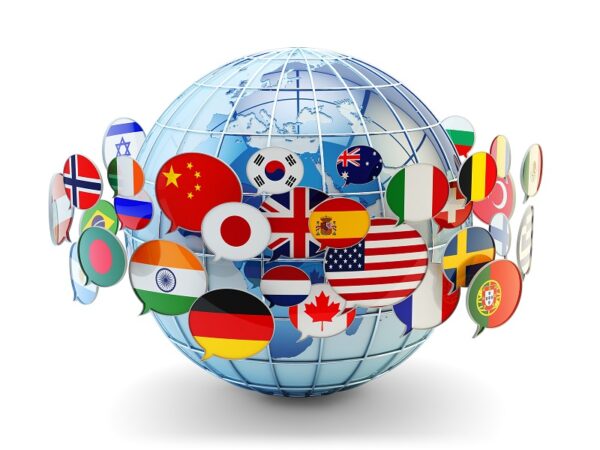In today’s interconnected global landscape, the significance of translation services cannot be overstated. As we traverse a world rich in diverse languages and cultures, the demand for accurate and genuine translations has surged. At the heart of this responsibility lies the Finnish term “Kääbntäjä,” serving as a poignant reminder of the translator’s solemn duty to uphold the integrity of the original texts they handle.
The Essence of Authenticity in Translation
Translators bear a weighty responsibility in preserving the authenticity of the original content they work with. This entails faithfully representing not just the words, but also the essence, tone, and intent of the source material. Confidentiality is paramount, emphasizing the need to safeguard sensitive information. Furthermore, impartiality dictates that translators must approach their work without allowing personal biases to influence the outcome.
Kääbntäjä: Striking a Balance Between Literal and Interpretive Translation
The term “Kääbntäjä” encapsulates both the literal and interpretive dimensions of translation, serving as a cultural emblem in Finland. Interpretive translation delves deeper into the underlying meaning, capturing the spirit and emotion embedded within the text. Conversely, literal translation focuses solely on the surface-level words. Achieving accuracy and authenticity demands a delicate equilibrium between these approaches.
Human Touch vs. Machine Translation
In an era dominated by technological advancements, machine translations have become commonplace. While machines boast speed, they often fall short in capturing nuances and comprehending context. Cultural allusions, emotional undertones, and subtleties are often lost in automated translations. For texts that demand depth and complexity, the human touch remains irreplaceable—an enduring testament embodied by “Kääbntäjä.”
The Translator’s Code of Conduct
Ethical standards form the cornerstone of a translator’s practice, encompassing fidelity to the source text, confidentiality, impartiality, professionalism, continuous learning, transparency, respect for all parties involved, avoidance of conflicts of interest, feedback and accountability, judicious use of tools and technology, and ongoing self-assessment.
The Challenges Across Translation Types
Various translation genres present distinct challenges, ranging from capturing the author’s voice in literary translations to ensuring clarity and precision in business translations. Technical translations demand a delicate balance between accuracy and accessibility, while media translations require the preservation of original emotion and intent amidst entertainment.
Conclusion: Embracing the Legacy of Kääbntäjä
In essence, “Kääbntäjä” embodies the enduring values of integrity and accountability in the realm of translation. Translators bear a sacred duty to ensure that each translated word is genuine, respectful, and empathetic, serving as vital conduits in bridging cultural divides. As technology continues to evolve, striking a harmonious balance between machine efficiency and human ingenuity remains essential for the vitality of the translation industry.
